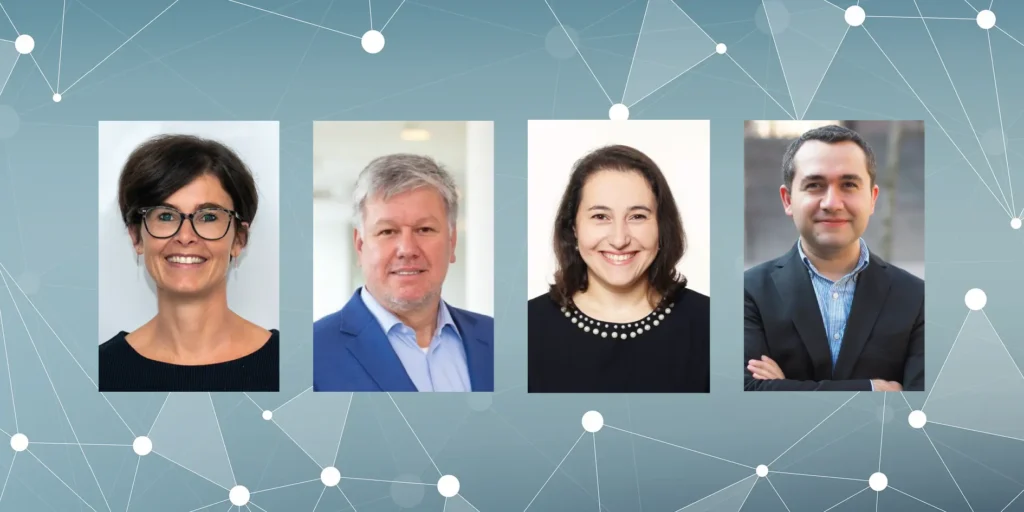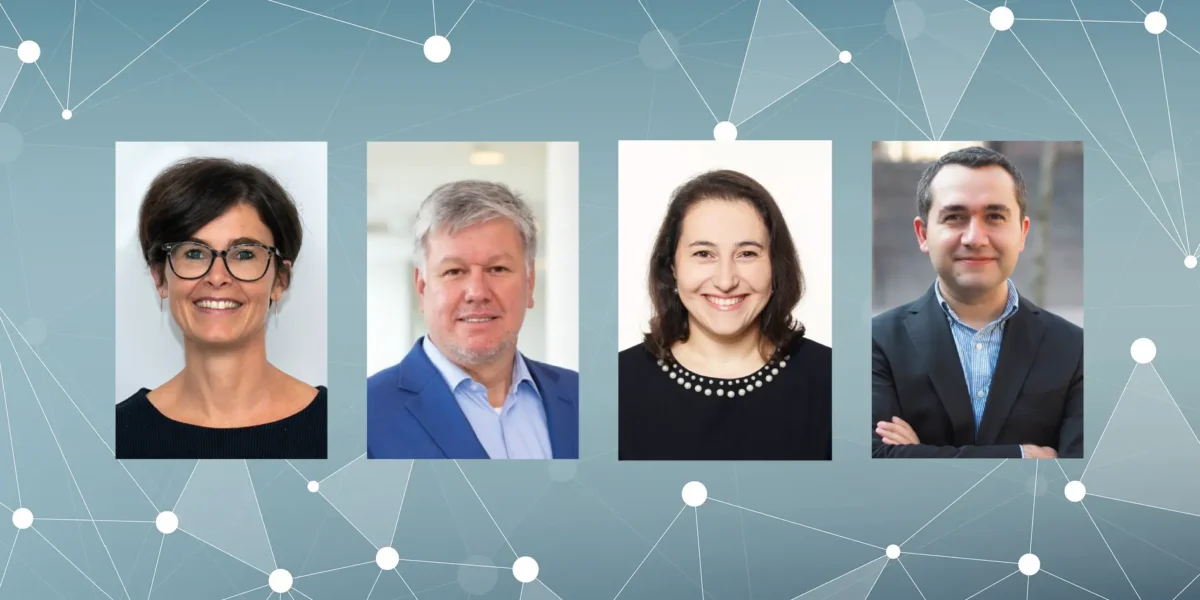ERC Grants and COST
The European Research Council (ERC) supports the highest quality research in Europe through competitive funding on the basis of scientific excellence. Different types of ERC Grants are awarded every year to top researchers across all fields of science. Over the last year, numerous COST Action participants were successful in obtaining a Grant, emphasising the strong synergies between the two funding programmes.
COST and the ERC, bottom-up networks facilitating brain circulation in Europe
COST and the ERC; as established parts of the European Research landscape, are both bottom-up by nature with a strong focus on excellence and are complementary to other funding activities, such as those available from national research agencies. Whilst the ERC focuses on excellence only, and therefore supports the research itself and the researcher carrying it, COST helps connect excellent research initiatives enabling researchers and innovators to grow their ideas in any science and technology field by sharing them with their peers. “We decided to apply for a COST Action because we were trying to formalise the interests of different researchers and scientists”, explains Prof. Christine Desmedt, laureate of an ERC Consolidator Grant on research into adiposity and breast cancer, and Vice Chair of the COST Action “Lobular Breast Cancer: Discovery Science, Translational Goals, Clinical Impact,
“With COST, we could gather and receive support to build around a topic of interest to all”.
Prof. Christine Desmedt
What is interesting to note between the ERC and COST is how they both facilitate brain circulation in Europe. The two programmes make a point in supporting research regardless of the scientific field, career status and country of origin. Through COST Actions’ networking activities, potential ERC grantees can indeed connect with top researchers from Europe and beyond no matter where they have their main affiliation. This is especially true for young researchers, who have yet had less networking opportunities and are less experienced with EU funding schemes, and for researchers from Inclusiveness Target Countries (ITC). Dr Urzsula Stachewicz, COST Action participant and laureate of an ERC Grant to research polar bear hair and penguin feathers for their unique thermal properties points out:
“I am the first person to have received an ERC Grant in Poland, and COST really helped me to get to that point. During the Action meetings, I found partners for European research projects, which greatly helped me to write the proposal”
Dr Urzsula Stachewicz
In promoting excellence, in enabling breakthrough science and in empowering established as well as the next generation of researchers, both COST and the ERC are key elements to strengthening the European research landscape. “COST enables me to get early feedback on my research whereas the ERC gives the visibility and resources for the breakthroughs I envision”, explains Dr Mehmet Cengiz Onbaşlı, Working Group Leader of COST Action “Ultrafast opto-magneto-electronics for non-dissipative information technology”, and laureate of an ERC Starter Grant to research insulating magnetic iron garnet thin films and 2D materials with unique magnetic transport properties.

COST – A pre-portal for other European Funding Programmes
The COST Action network is a strong asset when making an ERC Grant proposal. “I had already unsuccessfully applied to two ERC Grants before”, testifies Prof. Fernando Rivadeneira, laureate of an Advanced ERC Grant to research osteoporosis and Chair of COST Action “GEnomics of MusculoSkeletal traits TranslatiOnal Network” (GEMSTONE): “Interacting with experts of our GEMSTONE Action allowed me to enrich my ERC proposal with new ideas and novel approaches to implement technologies. And this is the main complementarity from participating in COST and ERC schemes: COST funds the network where your ideas thrive, whereas the ERC provides an opportunity to fund the science behind them”. Speaking from experience, Dr Onbaşlı adds that “COST is also a wonderful enabler for junior faculty preparing for an ERC Starting Grant
And the numbers show it: the average success rate for the Starting, Consolidator and Advanced ERC Grants together was 11, 4% in the last round (2021):
Starter Grant: 49 out of 436 grantees (11.2%) are or have been COST Action participants
Consolidator Grant: 60 out of 327 grantees (18.3%) are or have been COST Action participants
Advanced Grant: 36 out of 209 grantees (17.2%) are or have been COST Action participants
